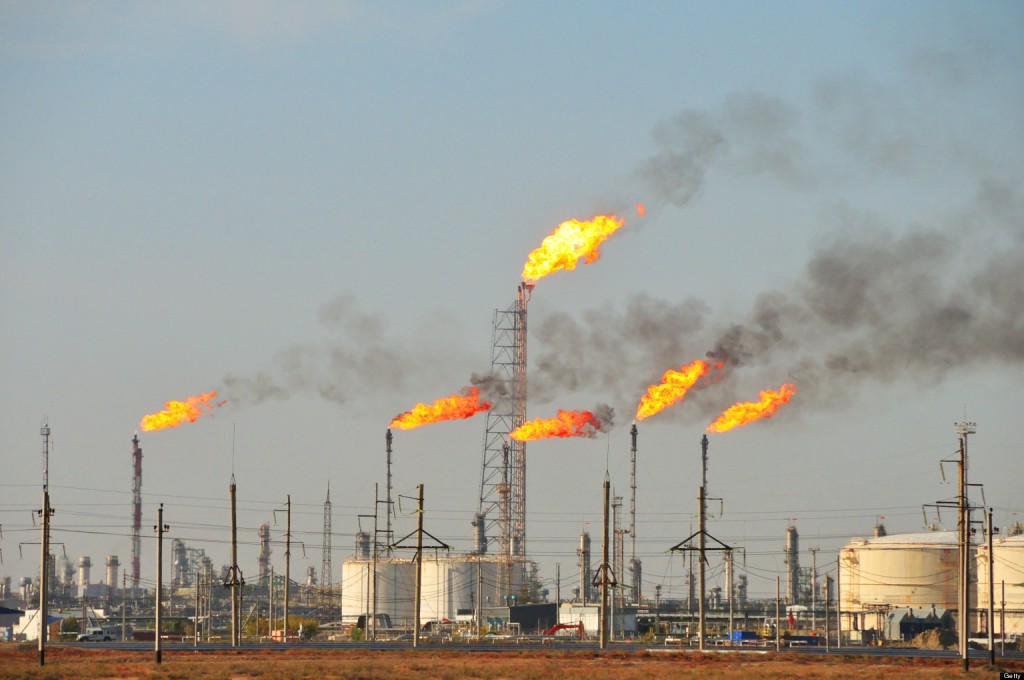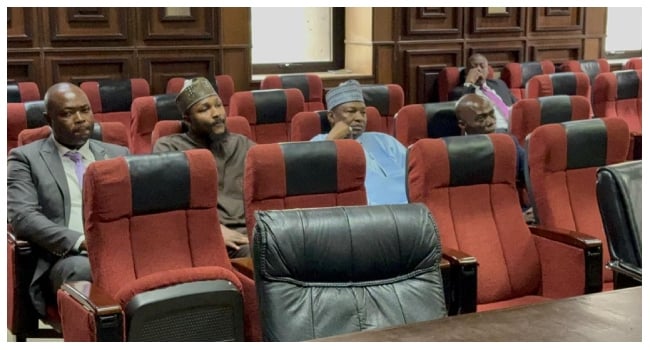From Adanna Nnamani, Abuja
The Federal Government has sanctioned some oil producers for failing to comply with the national gas flare-out programme.
Chief Executive of the Nigerian Upstream Petroleum Regulatory Commission (NUPRC), Engr. Gbenga Komolafe, said the move was part of efforts to enforce climate commitments and clean up Nigeria’s oil sector.
He made the disclosure in Abuja during the 24th Nigerian Oil and Gas (NOG) Energy Week held recently.
According to him, “Let it be clear: the Commission will not tolerate any Producer that undermines this national climate-action programme, nor will it allow unwilling Awardees to set us back.”
“We have taken regulatory action against non-compliant Producers who failed to execute agreements after several engagements. Our resolve remains firm; we will not relent until the NGFCP is fully and successfully implemented.”
Komolafe said while some producers had collaborated with the Commission under the Nigerian Gas Flare Commercialisation Programme (NGFCP), others had failed to honour their agreements.
“We commend some of the producing companies for their collaboration and commitment to advancing the government’s flares-out agenda,” he said.
The gas flare-out drive is part of the government’s energy transition plan. It targets an end to routine flaring by 2030 and aims to cut methane emissions by 60 per cent by 2031.
Under the plan, Nigeria hopes to create thousands of green jobs and monetise gas that would otherwise be wasted.
The NUPRC boss also said the upstream oil and gas sector had attracted over $16 billion in investment in the last two years, following key reforms introduced through the Petroleum Industry Act (PIA) and recent executive orders.
He said Nigeria had increased daily crude oil production from 1.46 million to 1.7 million barrels under the Project One Million Barrels Per Day (1MMBPD) initiative, with a target of 2.5 million bpd by 2026.
“Through the Project One Million Barrels initiative, we are scaling up Nigeria’s production through reawakening of dormant fields, acceleration of approvals, enhancement of upstream efficiencies,” Komolafe said.
On energy transition, Komolafe said Nigeria’s net-zero ambition by 2060 was being backed with action through the Decade of Gas, the NGFCP and the Presidential CNG Initiative.
He said the Commission had introduced the Upstream Decarbonisation Framework to track emissions, encourage carbon markets, and open new investment channels.
“Interestingly, we are enabling emissions reductions to become revenue streams through a new ecosystem of carbon services including monitoring, consulting, tech deployment, while maintaining high environmental and asset integrity,” he said.
Komolafe announced that March 18 had been declared Nigeria’s Upstream Decarbonisation Day, a national observance to track climate goals in the petroleum sector.

















Leave a comment